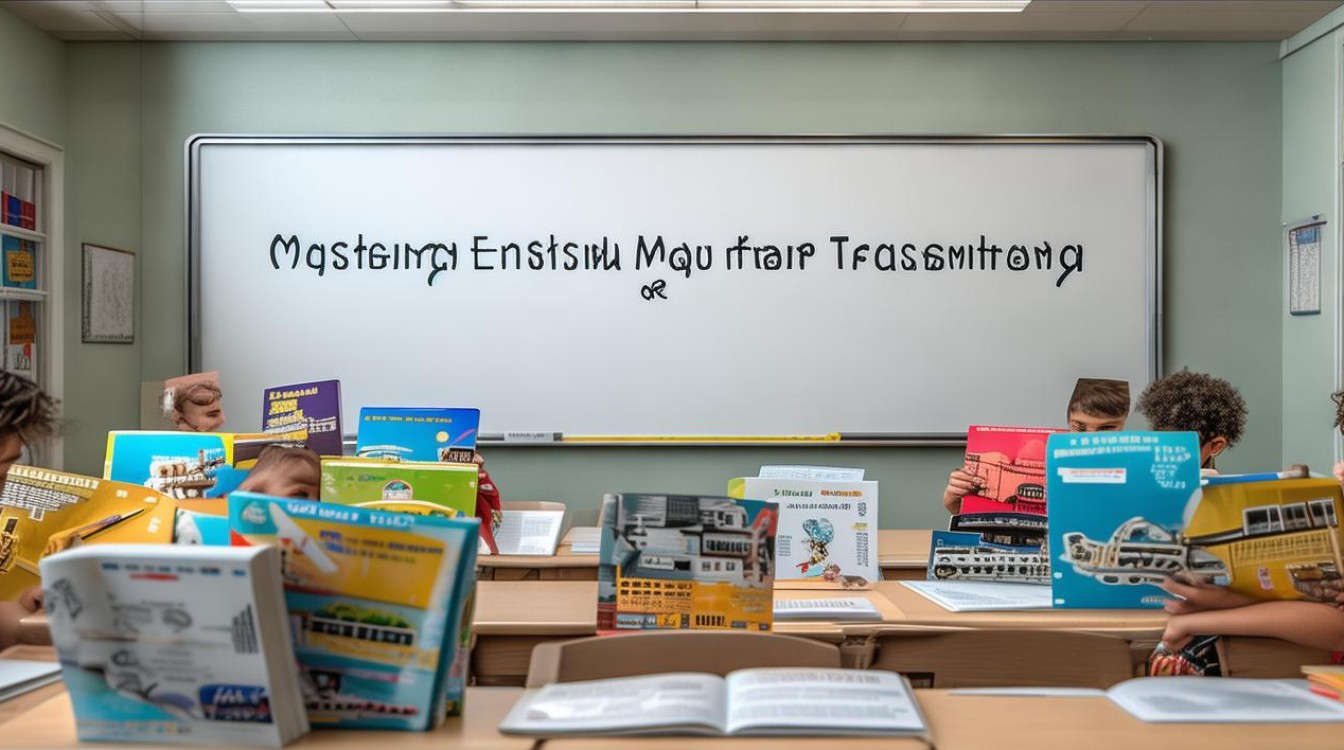Whether you're a traveler, student, or professional, understanding transportation-related English terms is crucial. This guide covers key words and phrases across various modes of transport, helping you communicate effectively in any travel situation.

Road Transportation
Vehicles
- Car – Standard passenger vehicle (sedan, SUV, hatchback)
- Truck – Large vehicle for cargo transport
- Bus – Public transport vehicle carrying multiple passengers
- Motorcycle – Two-wheeled motor vehicle
- Bicycle – Human-powered two-wheeler
Infrastructure
- Highway – Major road connecting cities
- Freeway – Controlled-access highway without tolls
- Expressway – High-speed divided highway
- Intersection – Where roads cross
- Roundabout – Circular intersection
Traffic Terms
- Congestion – Heavy traffic causing delays
- Rush hour – Peak traffic periods
- Detour – Alternate route due to road closure
- Speed limit – Maximum legal speed
- Pedestrian crossing – Designated area for walkers
Rail Transport
Equipment
- Locomotive – Engine pulling train cars
- Passenger car – Vehicle carrying travelers
- Freight car – Wagon transporting goods
- Caboose – Crew car at train's end
Infrastructure
- Railway station – Passenger boarding point
- Platform – Area where passengers wait
- Rail yard – Train storage/maintenance area
- Switch – Track-changing mechanism
Operations
- Express train – Limited-stop service
- Commuter rail – Urban/suburban service
- Freight train – Goods transportation
- Bullet train – High-speed rail
Air Travel
Aircraft Types
- Airplane – Fixed-wing aircraft
- Helicopter – Rotary-wing aircraft
- Jet – Fast aircraft with jet engines
- Propeller plane – Slower aircraft with propellers
Airport Facilities
- Terminal – Main passenger building
- Runway – Aircraft takeoff/landing strip
- Control tower – Air traffic command center
- Baggage claim – Luggage retrieval area
Travel Process
- Check-in – Passenger registration
- Boarding pass – Flight access document
- Security check – Passenger screening
- Departure gate – Boarding location
Maritime Transport
Vessels
- Ship – Large seagoing vessel
- Boat – Smaller watercraft
- Ferry – Passenger/car transport
- Yacht – Recreational vessel
Port Facilities
- Dock – Ship mooring area
- Pier – Structure extending into water
- Harbor – Sheltered water area
- Marina – Small craft docking facility
Nautical Terms
- Port – Left side of ship
- Starboard – Right side of ship
- Bow – Front of vessel
- Stern – Rear of vessel
Public Transportation
Urban Systems
- Subway – Underground rail system
- Light rail – Urban electric railway
- Tram – Street-level rail vehicle
- Monorail – Single-rail transport
Payment Terms
- Fare – Transport fee
- Ticket – Payment proof
- Pass – Unlimited travel permit
- Smart card – Electronic payment method
Specialized Terms
Directions
- Northbound – Traveling north
- Eastbound – Traveling east
- Westbound – Traveling west
- Southbound – Traveling south
Maintenance
- Tune-up – Vehicle servicing
- Inspection – Official vehicle check
- Repair – Fixing mechanical issues
- Overhaul – Comprehensive maintenance
Safety
- Seatbelt – Passenger restraint
- Airbag – Crash protection device
- Helmet – Head protection
- Life jacket – Flotation device
Practical Phrases
Asking for Directions
- "Where's the nearest bus stop?"
- "Which train goes to downtown?"
- "How often do the trams come?"
- "Is this the right platform for...?"
Ticket Purchasing
- "One adult ticket to..."
- "Return ticket, please"
- "Do you offer day passes?"
- "Which zone does this cover?"
Emergencies
- "Where's the emergency exit?"
- "I need to report an accident"
- "Call the police, please"
- "Is there a first aid kit?"
Learning Tips
- Flashcards – Create cards with images and terms
- Labeling – Tag items in your environment
- Media immersion – Watch transportation documentaries
- Practical use – Apply terms during travels
Understanding these transportation terms enhances travel experiences and facilitates clearer communication. Regular practice with real-world application accelerates vocabulary retention. The transportation sector constantly evolves, so maintaining updated knowledge ensures effective communication in any transit scenario.


